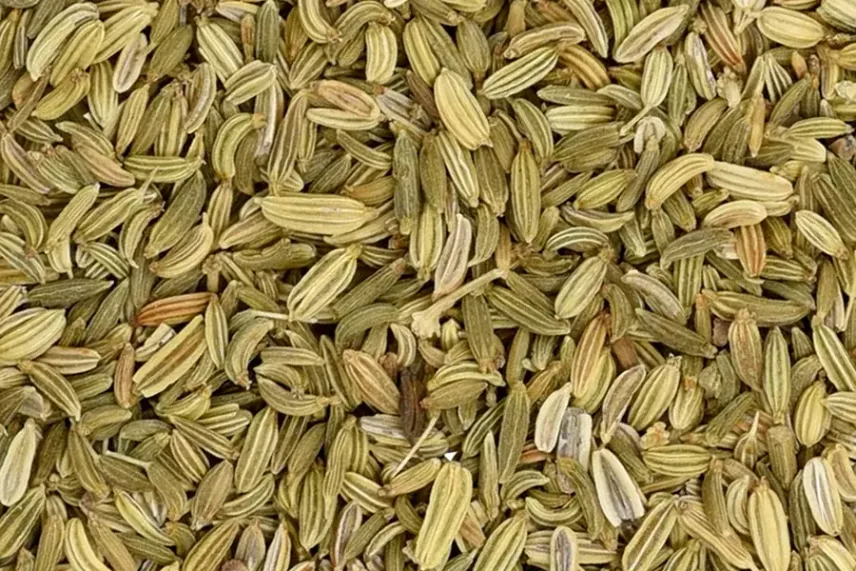
Fennel, as a type of spice, has established itself for a long time. The appearance of fennel is attributed to the period of time BC. Today, fennel is widely used in cooking in countries and regions such as Europe, India, China and many others.
The taste qualities that fennel possesses are not easy to describe, since different parts of the fennel plant can be used in recipes for various dishes. Storage conditions and different varieties of fennel also significantly affect the range of taste. The general impression of fennel can be the following: fennel has a sharply spicy, somewhat honey aroma.
You can often hear the misconception that fennel and dill are the same plant. There is also a biological basis for this, supposedly these are related herbs. You can debunk this stereotype, at least if you consider the full photo of fennel, i.e. the whole plant. The main difference is the root. In fennel, it is more pronounced and edible. Another important difference is that the scope of fennel is much wider than that of dill.
The areas in which the taste and beneficial properties of fennel are used are quite diverse. For example, in India, fennel acts as a flavoring agent when pickling vegetables. A more useful use for fennel, the Indians came up with, roasting it, and using it after a meal - it not only eliminates bad breath, but also improves digestion. In China, fennel is part of the five spices.
Fennel is quite popular in European cuisines. It is widely used in salads, soups, can be used as a spice in sausages. In meat dishes, fennel is great if you first pour boiling water over it, in which case it acquires a slightly sweet aftertaste. Fennel seeds https://prianosti.com/en/spices/fennel, while still green, are used to preserve fish in an Italian pork recipe. In some cases, fennel can even be used as a flavoring for baking.
The medicinal properties of fennel have not gone unnoticed. For example, dill water, known in folk medicine, which is used to treat children during bloating, is made from fennel, not dill. This fact confirms that dill and fennel are not the same thing.
In Indian medicinal tradition, the fennel fruit is used as a stimulant, while the roots are used as a laxative. Buying oil or fennel seeds is not difficult. The price of fennel is not high.
Fennel essential oil actively helps with intestinal disorders, irritable bowel syndrome or flatulence. Seeds are a good remedy for colds, bronchitis and generally have a positive effect on immunity.
Fennel, with the exception of positive properties, has some contraindications. A striking example is individual intolerance. Pregnant women are also advised to be careful about fennel consumption.
The spread of fennel is due to the wide scope of its application. Medicinal use serves as a good motivation for further study and discovery of new medicinal properties.